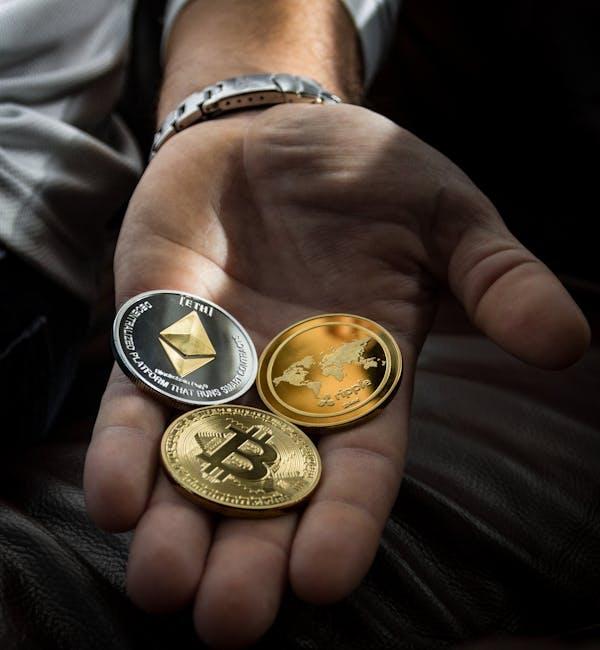IMF Embraces Crypto: A New Era for Global Reporting?
On March 20, the International Monetary Fund (IMF) released its Balance of Payments Manual (BPM7). This update includes cryptocurrencies like Bitcoin for the first time. It’s a big step in tracking global economic activity.
Developed with over 160 countries, the manual sets rules for recording trade, capital movements, and financial services. While it doesn’t make crypto legal tender, it helps measure crypto activity better.
Previously, crypto transactions, worth trillions annually, were poorly reported. This led to gaps in economic data. BPM7 solves this by providing clear definitions and rules for digital assets.
It classifies digital assets into three types: capital assets, financial instruments, or service-related income. For example, Bitcoin is now a non-produced, non-financial asset. It’s like land or natural resources.
Ethereum and other smart contract tokens are treated differently. If they offer ownership or yield,they can be seen as equity-like assets. Stablecoins like USDT are financial instruments as they’re backed by assets.
The manual also covers crypto services. Mining, staking, and validation are now service productions. If these generate cross-border income,they’re recorded as computer services exports or imports.
This framework helps countries track crypto flows consistently. It’s especially useful for places where crypto is popular, like Nigeria and El Salvador.
While implementation varies by country, BPM7 sets a baseline for aligning crypto with macroeconomic data. This could lead to better understanding and adoption of crypto assets globally.
IMF’s New Standards Highlight Bitcoin’s Growing Role in Global Finance
The International Monetary Fund (IMF) has updated its Balance of Payments Manual (BPM7) to include digital assets like Bitcoin. This move comes as the U.S. and El Salvador are taking significant steps to integrate Bitcoin into their financial strategies.
On March 6, President Donald Trump signed an executive order creating a strategic Bitcoin reserve for the U.S. The government now holds about 200,000 BTC, mostly from legal actions. These assets will no longer be auctioned off but will be part of a new reserve managed by the Treasury Department.
Analysts see this as a move to formalize Bitcoin’s status as a strategic resource.Nic Carter, a partner at Castle Island Ventures, compared it to how countries once built gold reserves.
Meanwhile, El Salvador continues to accumulate Bitcoin, reaching 6,125 BTC by March 24. Despite an IMF agreement that asked the country to limit its Bitcoin involvement, President Nayib Bukele remains committed to the asset.
Under the new BPM7 standards, Bitcoin holdings will be accounted for like other cross-border assets. This could impact how Bitcoin is treated in international trade and tax reporting.
The crypto community has mixed reactions. Max Keiser, a bitcoin advisor to El Salvador’s president, claimed the IMF recognized Bitcoin as “digital gold.” Though, the IMF’s update aims to standardize reporting, not endorse digital assets.
IMF Update Sparks Debate on Bitcoin’s Status
Max Keiser’s tweet on March 23, 2025, ignited discussions about Bitcoin’s role in global finance. Some claimed the International Monetary Fund (IMF) had recognized Bitcoin as “digital gold.” Though, these claims were not confirmed.
Dennis Porter, co-founder of the Satoshi Action Fund, clarified the situation. He explained that the IMF’s manual only mentioned digital assets “designed to be used as a means of payment or act as a store of value.” This is far from an endorsement of Bitcoin as digital gold.
Colin Talks crypto, a YouTuber, highlighted a contradiction. The IMF had previously asked El Salvador to reduce its Bitcoin involvement. yet,18 days later,it updated its standards to include bitcoin as a trackable asset. Colin noted,”first they say don’t hold it,then they recognize it.”
This reaction reveals a trust gap between global institutions and the crypto community.Many believe institutions only acknowledge Bitcoin after trying to suppress it.The IMF’s update is significant,but it doesn’t mean the IMF holds or endorses Bitcoin.



